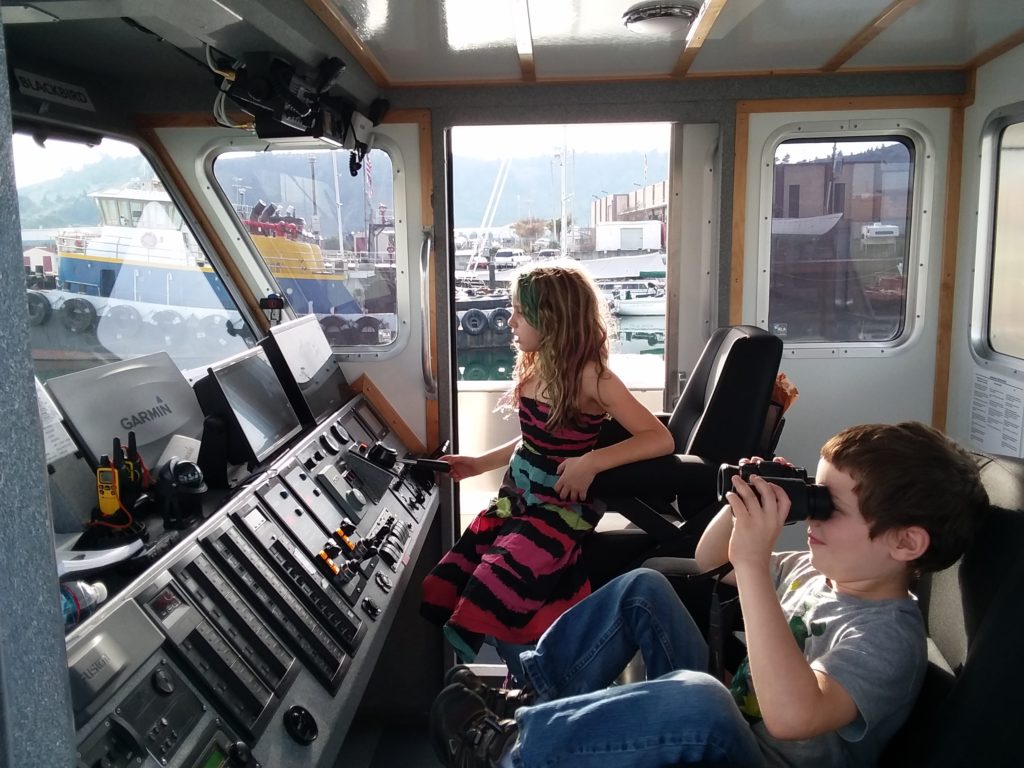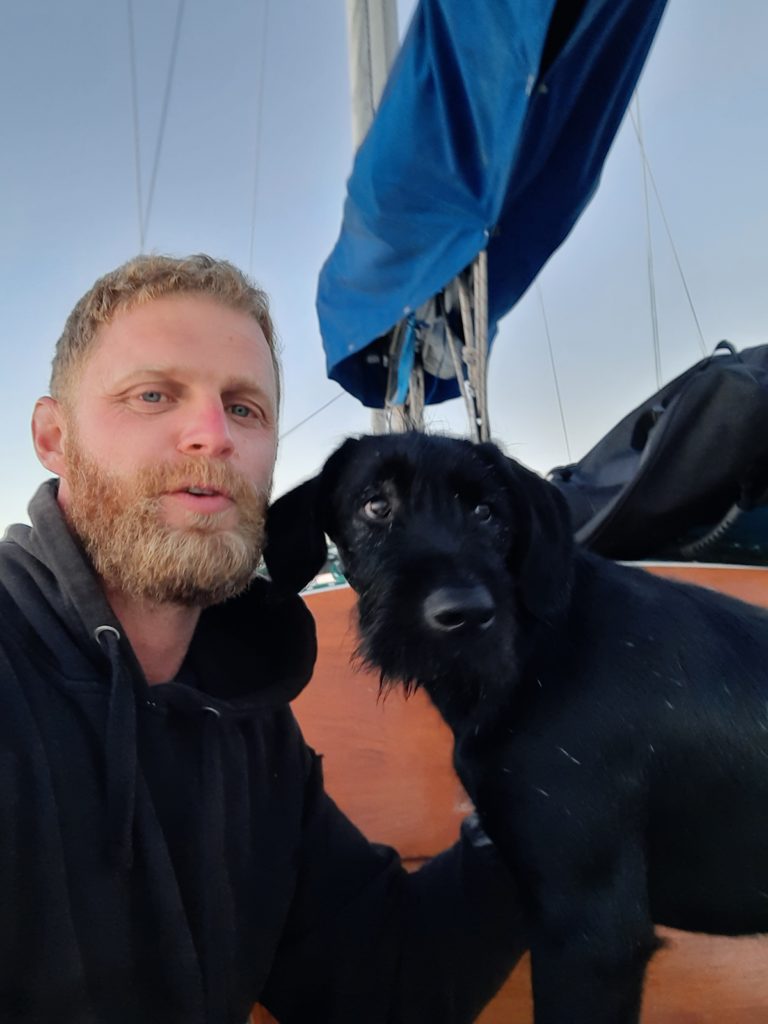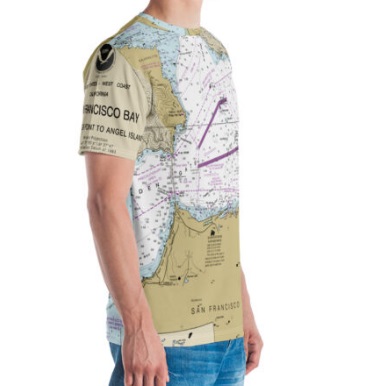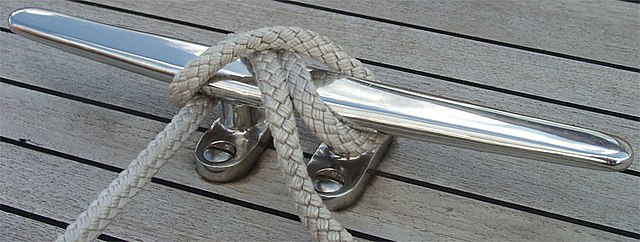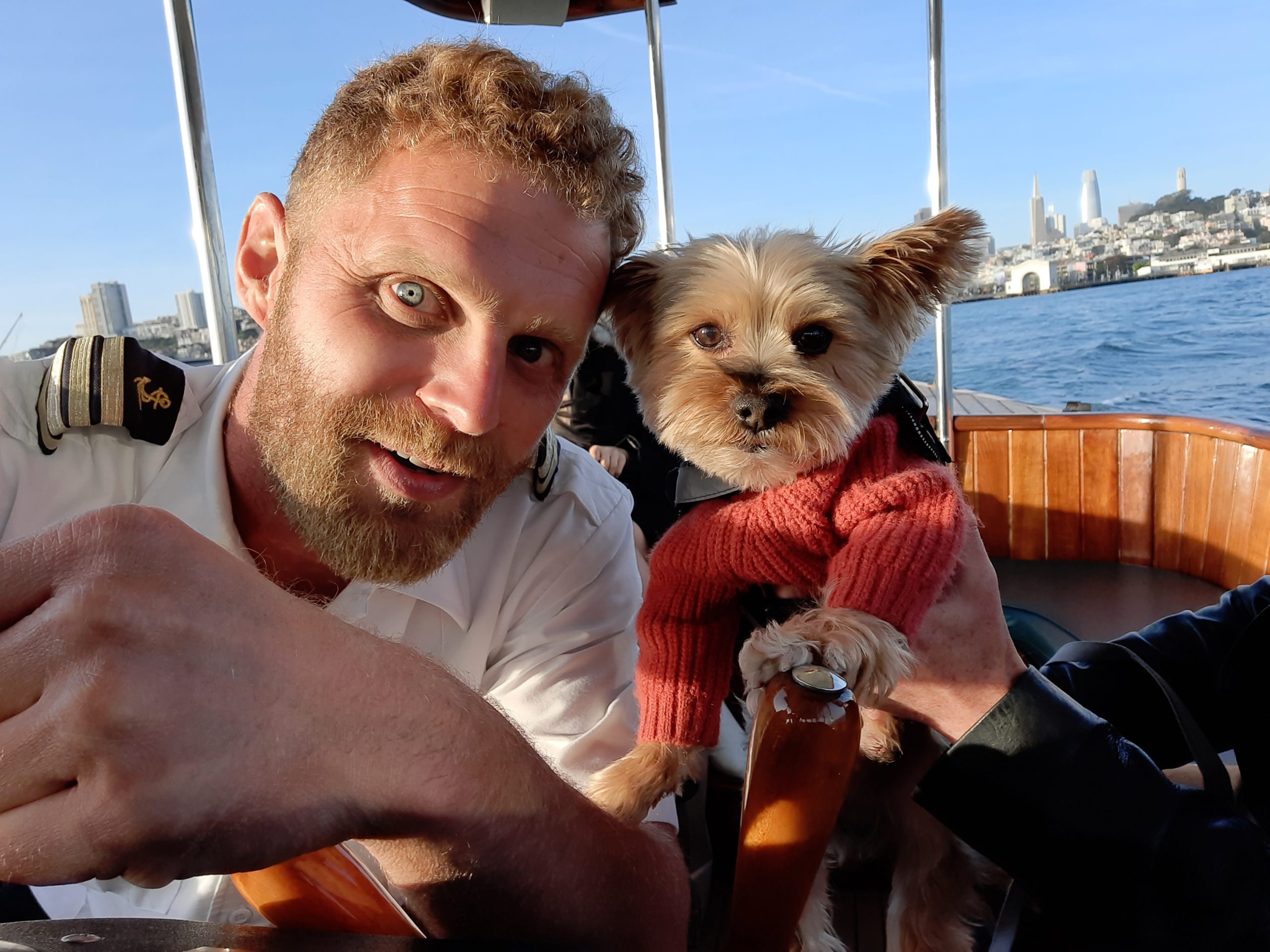
How to find a captain…
Determining if a captain is necessary or not is hard enough for some vessel owners. So when it comes to actually selecting a captain, the process can seem challenging or annoying. Having worked in the marina business for some time, I’ve met more than my share of boat owners who’ve felt let down by their captains.
Below I am listing some general considerations that may help you selecting a captain.
- Qualifications, Licenses, and Certificates
- Experience with similar vessels AND EQUIPMENT as yours
- References from people or organizations you trust
- Availability, patience, and reservations.
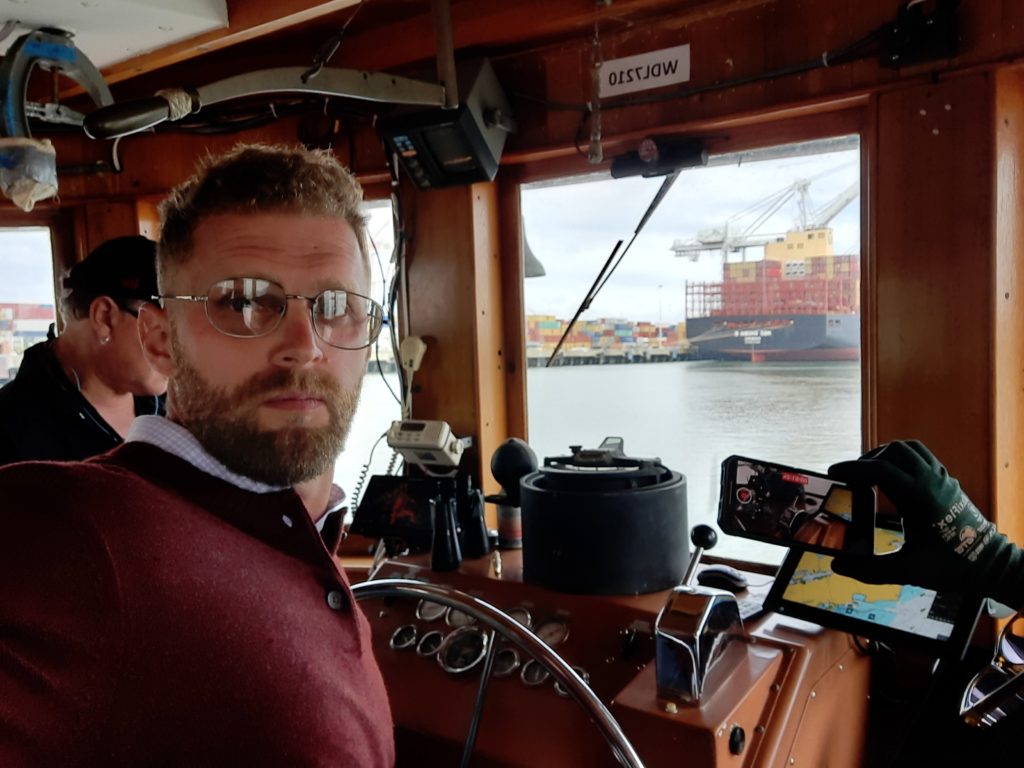
How to find a captain
Capt. Bradley Angle, MBA
Hi, my name is Bradley and I’m a San Francisco Bay mariner with over 20 years of working experience.
My network expands recreational, commercial and industrial maritime.
QUALIFICATIONS: In addition to captain’s claiming they are US Coast Guard captains, or that they are “Masters of 100 ton ships,” you’ll hear dozens of other labels and titles coming from vessel operators. When you speak to captains for the first time, realize that you are interviewing them. Have questions ready.
Regardless of what your potential captain says, they should provide you with the original license/certificate without you asking. Before you meet, they will have offered you some type of evidence to support what they are saying, and when you meet in person they will show you original and certified documentation.
It’s your responsibility, as the vessel owner, to ensure your captain is licensed and qualified for the job. Depending on why you are hiring a captain (for commercial, recreational, or working purposes), that qualification varies. If your vessel is involved in a serious marine incident, as the vessel owner, you will have to answer to a judge.
Whatever license or certificate your captain says they have, you need to research it to make sure it fits your needs. Does your insurance carrier recognize the license? Does the Coast Guard recognize the license? Do state and local regulations permit vessel operations with said license? There are too many scenarios for me to cover, and none of the scenarios are simple. If the captain has a USCG Masters license, then you can quickly search the captain by the “reference number” on the license, and that is only the first step you should take.
As an example, if you interview me, I would quickly tell you my USCG Ref# is 2816484 and I’d give you a list of my license details. I would then show you my actual license when we first meet. You can then go to the USCG website to lookup my reference number, here.
USCG license aren’t necessarily required for vessel operators, even operators for hire. Again, there is a lot of variation. Research the general information a potential captain gives you, and then research the captain’s relationship to that license/credential.
EXPERIENCE:
A USCG License does not give you any information about a person’s ability to operate a vessel. A 100 ton captain can literally have zero experience behind a helm. A Coast Guard license ensures a mariner has a knowledge set and a certain number of hours working in a specific department upon vessels – it does not require or assume a person has experience driving boats.
Other certificates, like those from the ASA, Power Squadron, USCG Aux, or State Boating Exams, each have their own merits, qualifications, shortcomings, and qualities. As mentioned above, none of these certificates suggest a person can manage your vessel. Licenses and Certificates should not be taken as synonymous with experience.
When you are interviewing a potential captain, ask for a resume, references, and a detailed scope of the person’s experiences, skillsets, and comfort levels. If a person says they are licensed for 200 ton vessels, has experience as a deckhand on tugs, owns a small sailboat, and is really comfortable with powerboats, you still do not have a working picture of that individual.
Ask potential captains if they can explain various scenarios of operation with your vessel. Even if you’re unsure about these scenarios, you can tell a lot about a person through conversation. Ask about the brand name electronics in your wheelhouse. Have they used them and does it seem like they can quickly figure them out. Ask them what happens if the electronics go out. Do they know how to use paper charts? What latitude are we at right now? What about local knowledge? Has said captain been in and out of your marina? Where is the nearest sage anchorage? How much time has the captain spent offshore?
Experience, just like licensing, comes in many shapes and sizes. A display of confidence is important, but don’t mistake questions as a sign of weakness. Your vessel is unique, and any knew operator should have questions for you about your needs and about the condition of the vessel. An experienced captain will perform various safety and operational checks before agreeing to anything with you – this should even be performed in a verbal way as a pseudo-safety check before agreeing to meeting.
REFERENCES: In addition to researching your captain’s license and certificate numbers, make sure you have a reference for said captain.
References from someone local and someone you trust are the best. If you are new to the area or new to boating, try these resources first (don’t rely on advertisements to find captains, and if you do, ask the captain for references):
- Marina or Harbormaster’s Office
- Boatyard
- Friends
In the bay area, KKMI Maritime Centre has a list of captain’s for hire that are vetted by the staff there. Check out https://maritimecentre.org/ for help (I’m on that list!).
AVAILABILITY: Finding a captain last second is difficult for many reasons. Just like shoreside contractors, captains generally fill up their schedules weeks in advance. In addition, weather, equipment issues, specialty events, and seasonal challenges all have a direct affect on a captain’s availability. It’s best to reach out to captains as far in advance as possible.
When there are offshore deliveries, you need to give your captain flexibility to adjust to weather and other influencing conditions. The last thing you want is a hot-shot captain who isn’t worried about storms, crabbing-season, or maritime warnings. If a captain is saying they cannot move your vessel during a given time window, ask them for details as to why not – then compare that information with what other captains are telling you. It’s true captains have varying risk aversions, but it’s also true you have the power to give a “no-sail” with your boat.
Check Out Our Vetted Captains
Bay Area Captains-For-Hire
